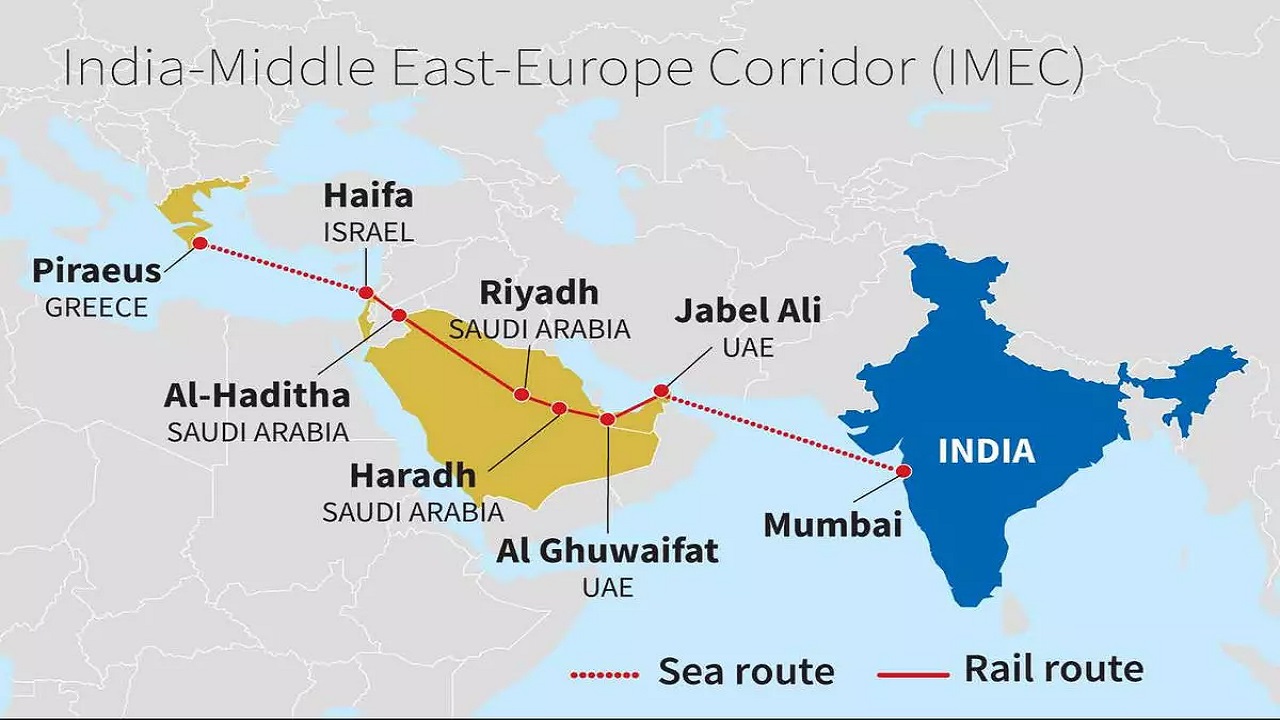Context:
The Supreme Court sought a report from the Directorate of Enforcement (ED) related to the illegal sand mining case in Tamil Nadu.
Background:
The Enforcement Directorate (ED) has provisionally attached assets worth Rs 130.60 crore in connection with an illegal sand mining case in Tamil Nadu.
Key takeaways:
- Sand mining involves the extraction of sand from various sources, including rivers, beaches, and seabeds.
- Sand is a valuable resource used in construction, manufacturing, and other industries.
- Approximately 40-50 billion tonnes of sand are extracted globally each year, but the management and regulation of sand mining are often inadequate in many countries.
Illegal Sand Mining in India:
- Illegal sand mining in India is a crime under Sections 378 and 379 of the Indian Penal Code, 1860.
- Natural resources are considered public property, and the state acts as their trustee.
- Violating this trust by engaging in illegal sand mining can have severe consequences.
Some of the social and economic Impacts:
- Displacement: Communities that depend on riverbanks for their livelihoods, such as fishing and agriculture, face displacement due to sand mining.
- Environmental Degradation: Excessive sand mining disrupts river ecosystems, alters river channels, and contributes to erosion. For instance, in the Papagani catchment area in Karnataka, illegal sand mining has led to groundwater depletion and environmental degradation in communities along the river banks in both Andhra Pradesh and Karnataka.
- Biodiversity Loss: Sand mining affects aquatic habitats, threatening native species adapted to pre-mining conditions.
- Groundwater Depletion: Unregulated extraction impacts groundwater levels, affecting water availability for communities.
.jpg)



Comments (0)